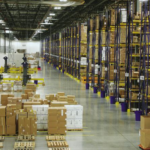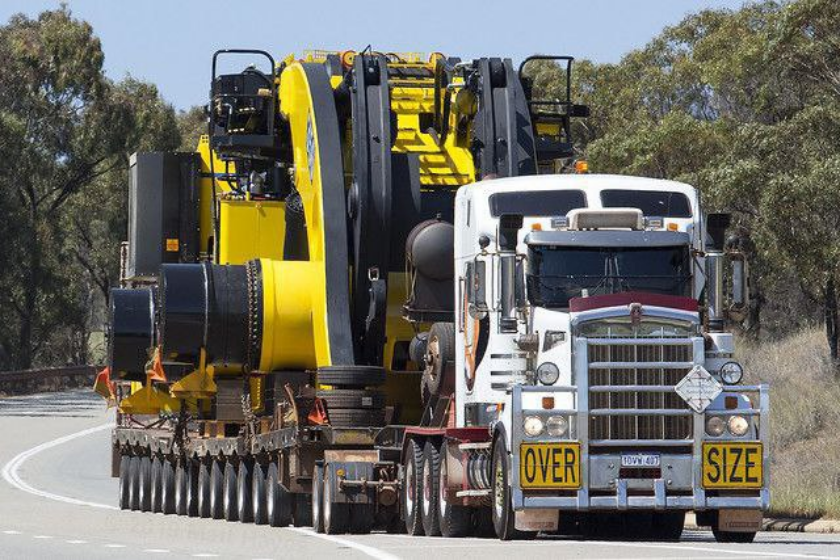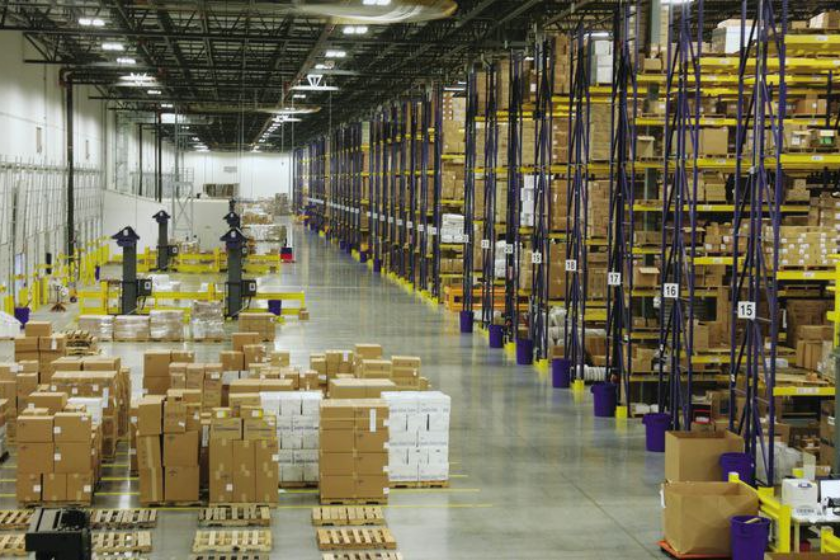
Customs clearance can be a daunting aspect of international trade, often presenting numerous complexities for businesses. Navigating through the regulations, paperwork, and procedures can be complex, time-consuming and costly. Even minor errors can lead to delays, penalties, and additional costs. However, with the right approach and understanding, businesses can streamline this process to ensure smoother transactions and greater efficiency. This article aims to delve into the complexities of customs clearance and provide essential tips that can help businesses carrying out this process more effectively, ultimately saving time and money.
Complexities of Customs Clearance

Customs clearance involves the procedures and formalities required to facilitate the import and export of goods across international borders. It encompasses various tasks such as documentation, inspections, duties, and taxes, all of which contribute to its complexity. Here are some key complexities businesses encounter during customs clearance:
Customs clearance involves the procedures and formalities required to facilitate the import and export of goods across international borders. It encompasses various tasks such as documentation, inspections, duties, and taxes, all of which contribute to its complexity. This requires businesses to invest time, resources, and expertise to understand and adhere to these requirements effectively. Here are some key complexities businesses encounter during customs clearance:
- Regulatory Compliance: Each country establishes its own customs regulations to control the flow of goods across its borders. These regulations encompass a wide range of requirements, including product classifications, valuation methods, licensing, labeling, and documentation standards. It is crucial for businesses engaged in international trade to stay updated on changes to customs regulations, trade agreements, and import/export restrictions in the countries they operate in or trade with. This often involves monitoring government websites, subscribing to regulatory updates, or consulting with legal experts or customs brokers specialized in international trade compliance. Compliance with these rules is imperative for businesses because failure to do so can result in severe consequences, such as delays in clearance, fines, or even confiscation of goods.
- Documentation: Proper documentation is essential for customs clearance. It serves as evidence of the transaction, facilitates the assessment of duties and taxes, and ensures compliance with regulatory requirements. Commonly required documents for customs clearance include invoices, packing lists, certificates of origin, and permits. Inaccurate or incomplete documentation can lead to delays and increased scrutiny from customs authorities. Inaccurate or incomplete documentation can lead to delays and increased scrutiny from customs authorities. Therefore, businesses must ensure the accuracy and completeness of their documentation before submitting it for customs clearance.
- Tariffs and Duties: Tariffs and duties are taxes imposed on imported goods. The rates and methods of calculating tariffs vary widely between countries and depend on factors such as the type of product, its value, and the country of origin. Additionally, tariffs may be subject to adjustments based on trade agreements, tariff classifications, and preferential treatment for certain goods. Calculating and paying the correct amount of tariffs and duties is critical to avoiding penalties and delays.
- Inspections and Quarantine: Customs authorities may conduct inspections to verify the accuracy of documentation, assess the compliance of goods with regulatory standards, and detect prohibited or restricted items. Inspections may involve physical examination of goods, sample testing, or documentation review. Additionally, certain products may require quarantine or special permits before clearance, adding to the complexity of the process.
Tips For Simplifying Customs Clearance

To navigate through the complexities of customs clearance more effectively, businesses can adopt the following tips:
- Conduct Research: Prioritize research on the customs regulations and requirements of the countries involved in your trade transactions. This research should encompass not only the general customs procedures but also any specific regulations related to your industry or the type of goods you are importing or exporting. Additionally, it is important to stay informed about changes or updates to these regulations. Thus allowing businesses to adapt their processes accordingly and maintain compliance.
- Maintain Accurate Documentation: Thoroughly prepare and organize all required documentation well in advance of shipment to avoid delays or issues at customs checkpoints. Digital documentation systems can streamline this process by providing easy storage, retrieval, and sharing of documents across stakeholders involved in the supply chain. Implementing document management software or platforms tailored for customs documentation can enhance efficiency and reduce the risk of errors associated with manual paperwork.
- Classify Products Correctly: Proper classification of products according to the Harmonized System (HS) codes is crucial for determining applicable tariffs, duties, and regulatory requirements. Incorrect classification can lead to overpayment or underpayment of duties, as well as potential penalties for non-compliance. Engage customs brokers or experts with expertise in tariff classification to ensure accurate and consistent classification of your products. Investing in training for staff involved in product classification can also improve accuracy and compliance with customs regulations.
- Utilize Trade Agreements: Take advantage of any preferential trade agreements or free trade agreements that may offer tariff reductions, exemptions, or other benefits for your goods. Understanding and leveraging these agreements can lead to significant cost savings and competitive advantages for your business. Work closely with trade advisors or legal experts to identify applicable trade agreements and determine eligibility criteria for preferential treatment. By maximizing the benefits of trade agreements, businesses can optimize their supply chain and enhance their competitiveness in international markets.
- Invest in Training: Provide comprehensive training to staff involved in the customs clearance process to enhance their understanding of regulations, procedures, and best practices. Well-trained personnel can help minimize errors, improve efficiency, and expedite clearance times. Training programs should cover topics such as customs compliance, documentation requirements, tariff classification, and handling of special cases or scenarios. Consider partnering with customs brokers, trade associations, or training providers to develop customized training programs tailored to your business needs and industry-specific requirements.
- Partner with Reliable Service Providers: Collaborate with experienced customs brokers, freight forwarders, and logistics companies with a proven track record in customs clearance. These service providers offer specialized expertise, knowledge of local regulations, and established networks that can simplify the customs clearance process and mitigate risks for your business. When selecting service providers, prioritize reliability, reputation, and transparency in communication. Establish clear expectations, timelines, and service level agreements to ensure smooth collaboration and successful outcomes.

In conclusion, customs clearance is a critical aspect of international trade that presents numerous complexities and challenges for businesses. From navigating regulatory compliance to managing documentation and tariffs, the process demands careful attention to detail and expertise. However, by implementing the tips outlined in this article and partnering with a trusted logistics provider like Candid Logistics, businesses can simplify the customs clearance process, minimize risks, and unlock greater efficiency in their global trade operations. With Candid Logistics as your partner, you can confidently navigate the complexities of customs clearance and focus on growing your business in the global marketplace.





